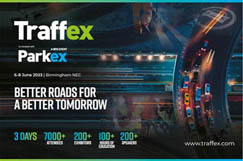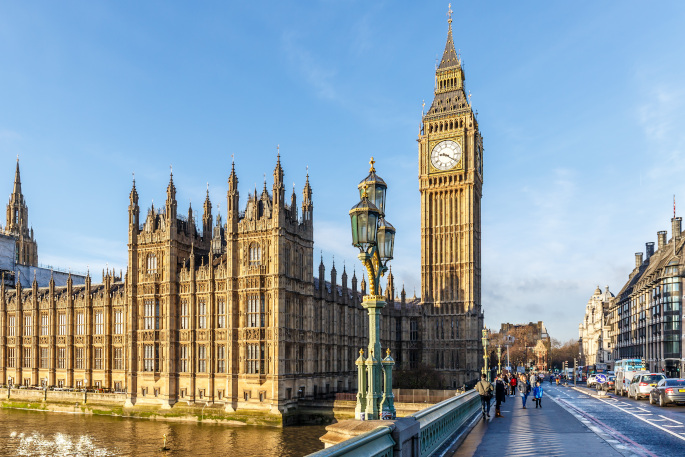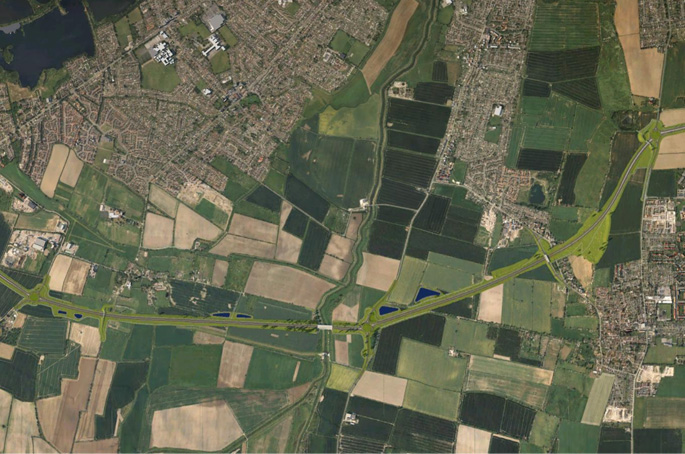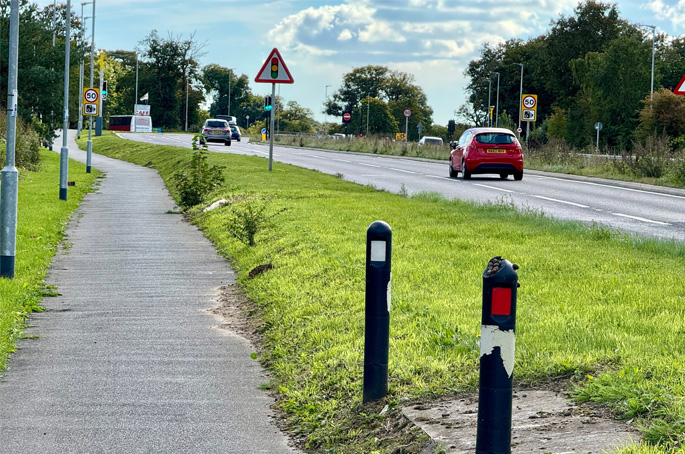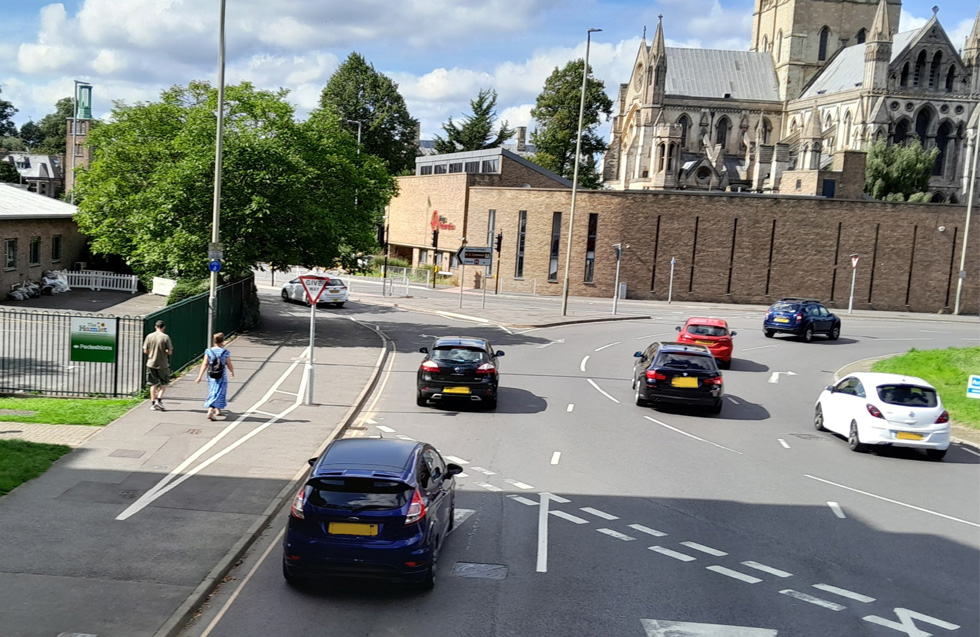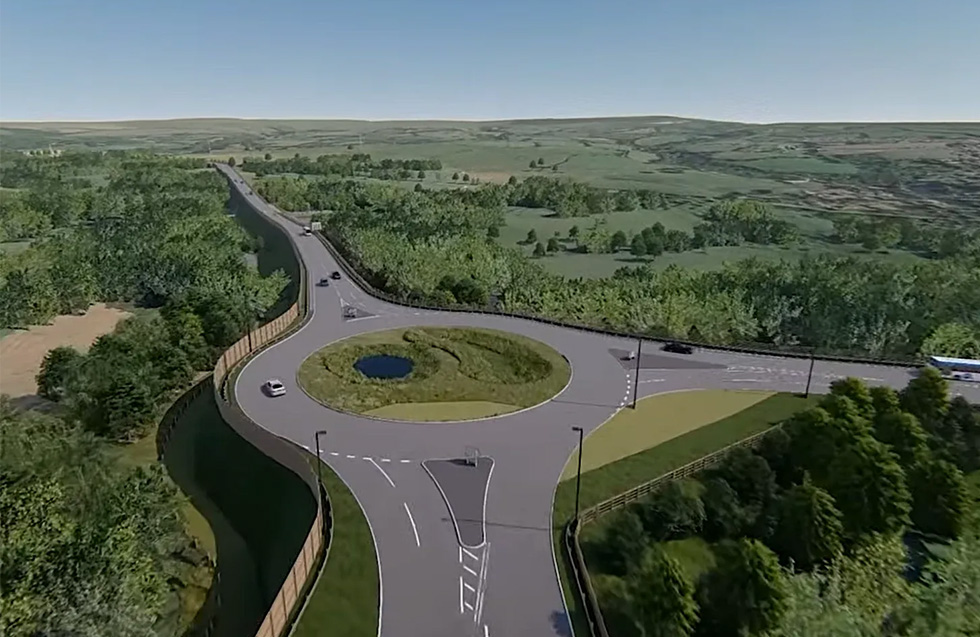Traffex this year is focused on the theme of 'better roads for a better tomorrow' and two issues stand out when it comes to making our highways network fit for the future - the double zero vision: no road deaths and net zero emissions.
Vision zero in road safety is based on the belief that no death or serious injury is acceptable on our roads and that they can be prevented through a safe systems approach.
Across the UK, authorities are setting targets to achieve this. In London, the Mayor's Transport Strategy sets out the goal of eliminating all deaths and serious injuries from the capital's transport network by 204, while Scotland aims to have the best road safety performance in the world by 2030 and achieve vision zero by 2050.

'The steps that we need to take to achieve vision zero and a safe road transport system are as challenging as they are clear,' she told Highways.
'Changing our approach to reflect the vision zero standpoint that we don't accept road death and injury as an acceptable by product of mobility requires a rethink about how we manage and measure performance, how we prioritise and ultimately how we make our decisions on investment. My talk on the Highways Strategy Stage at Traffex will unpack some actions to take us on our journey to vision zero.'
Net zero is another key theme to this year's Traffex and an issue that the roads sector has embraced as a vital challenge.

He said: 'Intelligent transport technology is more important than ever before in delivering a safer, more efficient, cost-effective and greener road network. On the Highway Strategy Stage at Traffex, I'll be presenting on the key priorities for the sector, including what ITS providers need to help support the decarbonisation of the UK road network and achieve the Net Zero target by 2050.''
Register for FREE for this year's Traffex on 6-8 June at Birmingham NEC.

